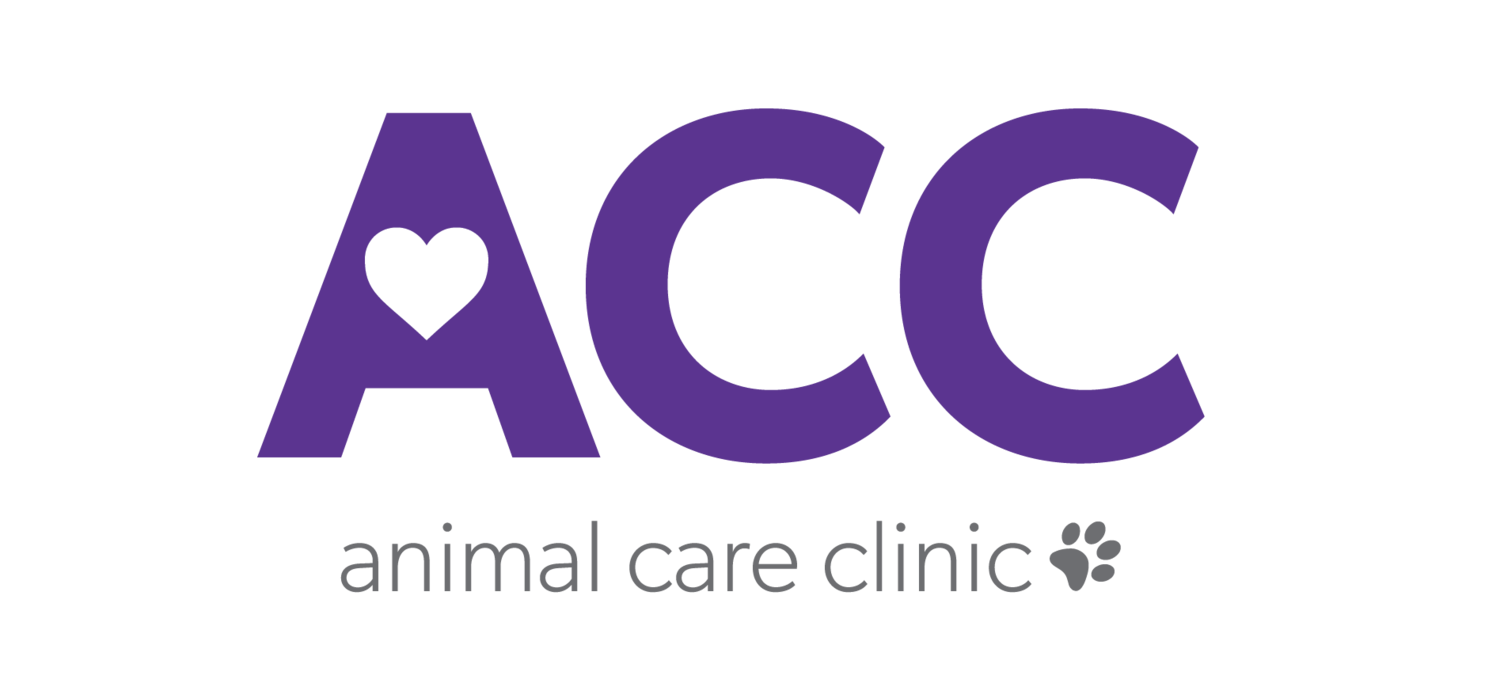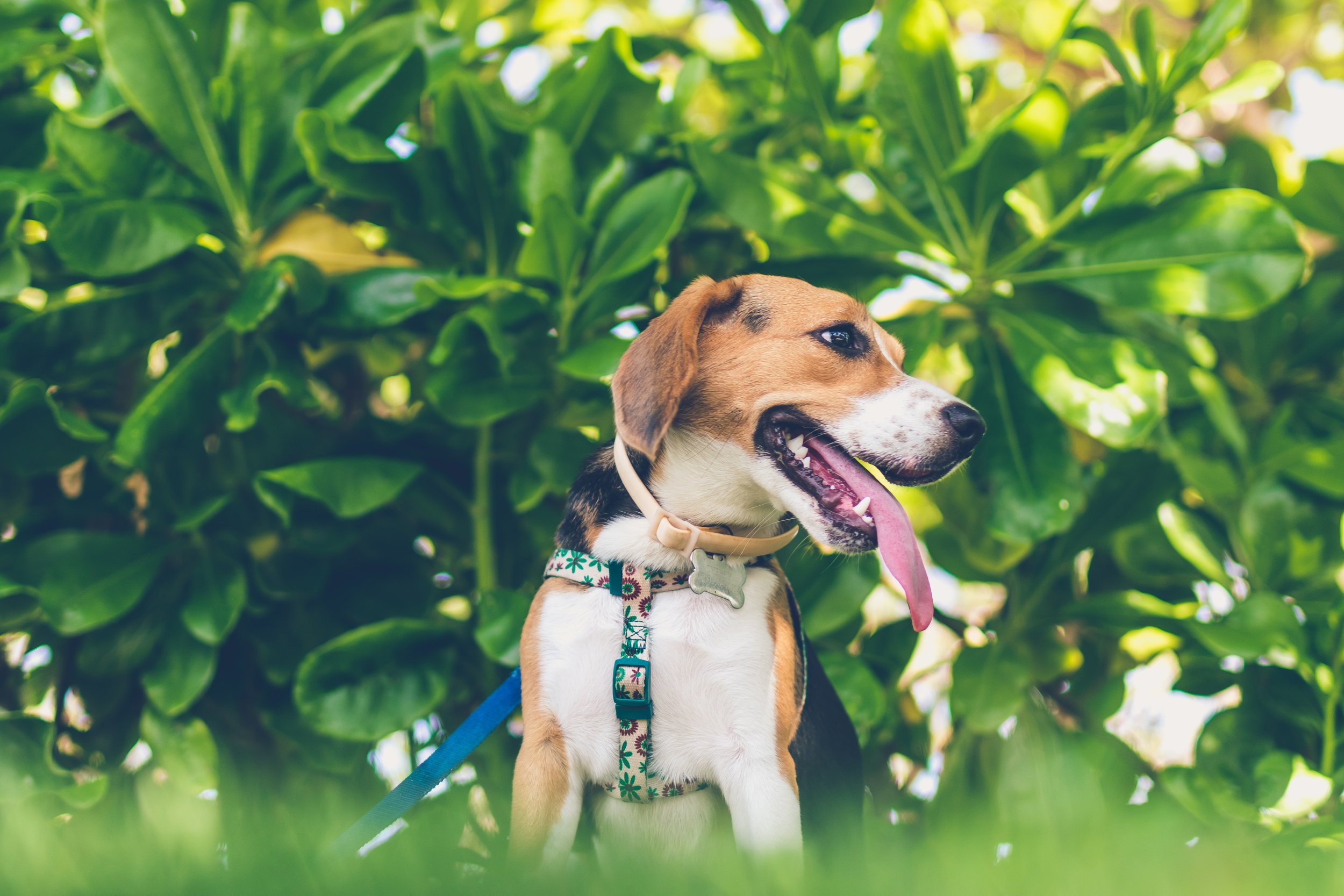Taking care of your beloved pet sometimes requires a little attention to their bathroom habits. While no one really wants to check on the results of their dog's visit outdoors, at least picking up after them on a walk gives you a chance to check if they're regular or not. Dog diarrhea is more than a mess, it's a sign your canine's digestive system isn't working normally. While one to two incidences of diarrhea isn't necessarily a sign of panic, ongoing or severe diarrhea needs the prompt attention of a vet.
Why Does My Dog Have Diarrhea?
Finding the cause of your dog's diarrhea is the key to preventing it in the future. However, there are dozens of different common causes of dog diarrhea, and some of them can only be detected by a vet. Potential causes include:
New food or the ingestion of human foods, garbage, too many treats, animal droppings, wild plants, etc.
Ingesting a foreign object like a piece of a toy or chewed up furniture stuffing
Worms or other internal parasites
Bacterial or viral infections that can spread to other dogs in the home
Exposure to toxins or poisons either directly or by eating an animal that was poisoned
Long-term conditions like pancreatitis, liver cancer, colitis, and more.
When Is Diarrhea Safe to Treat at Home
Minor, short-lived cases of diarrhea with no complications are generally safe to treat at home. This is especially true if you know what caused the problem and it was something controllable and low-risk like a treat from the dinner table. If your dog has more than one or two incidences of loose bowel movements in a row, has any sign of blood in its stool, or shows other signs of distress like panting or whining, visit a vet immediately. Very young and older dogs also need to see a vet even for mild diarrhea, since the fluid loss can set off other health problems that are hard to control.
How to Stop Dog Diarrhea
If you're sure that the dog’s diarrhea is temporary and safe to treat at home, try these tips.
Switch Foods and Avoid Treats
Your dog may have a food allergy or intolerance. Slowly changing them over to a new food means a few weeks of mixing the two products, but you may see an immediate improvement in their stools after completing the switch. It may take trying a few new foods, especially those based on grain-free and novel protein formulas, to solve long-standing GI issues in sensitive dogs. Avoid any treats during these testing periods since it can be hard to pinpoint their allergens in particular.
Watch for Secret Eating
You may think you've eliminated every irritant from your dog's diet only to spot it taking inappropriate treats from a neighbor's well-meaning hands. Secret eating, especially pica behaviors of eating non-food items, can cause diarrhea to go on for months despite your best efforts to stop it. Crate training your dog or using wireless cameras throughout the home may be the only way to finally discover secret habits.
Take a Short Food Break
When a dog first develops diarrhea, skip their next meal and give them a food break for 12 to 24 hours. This helps reset their gut and gives you a better idea of what's causing the reaction.
Visit the Vet
Dog diarrhea is a serious symptom, so it's best to request an appointment promptly for your pet. Don't wait to see what develops, especially if they're showing any signs of distress.

